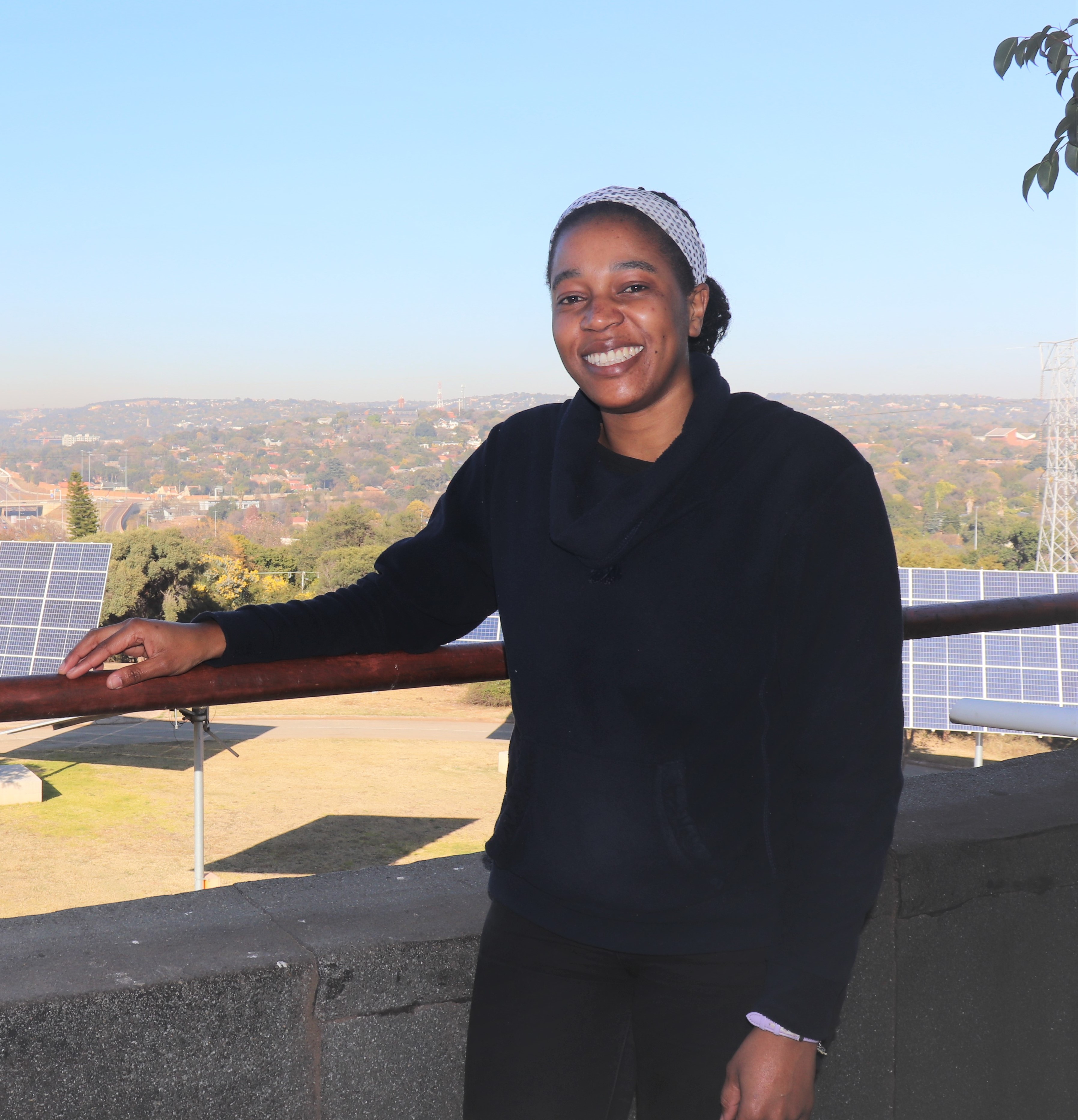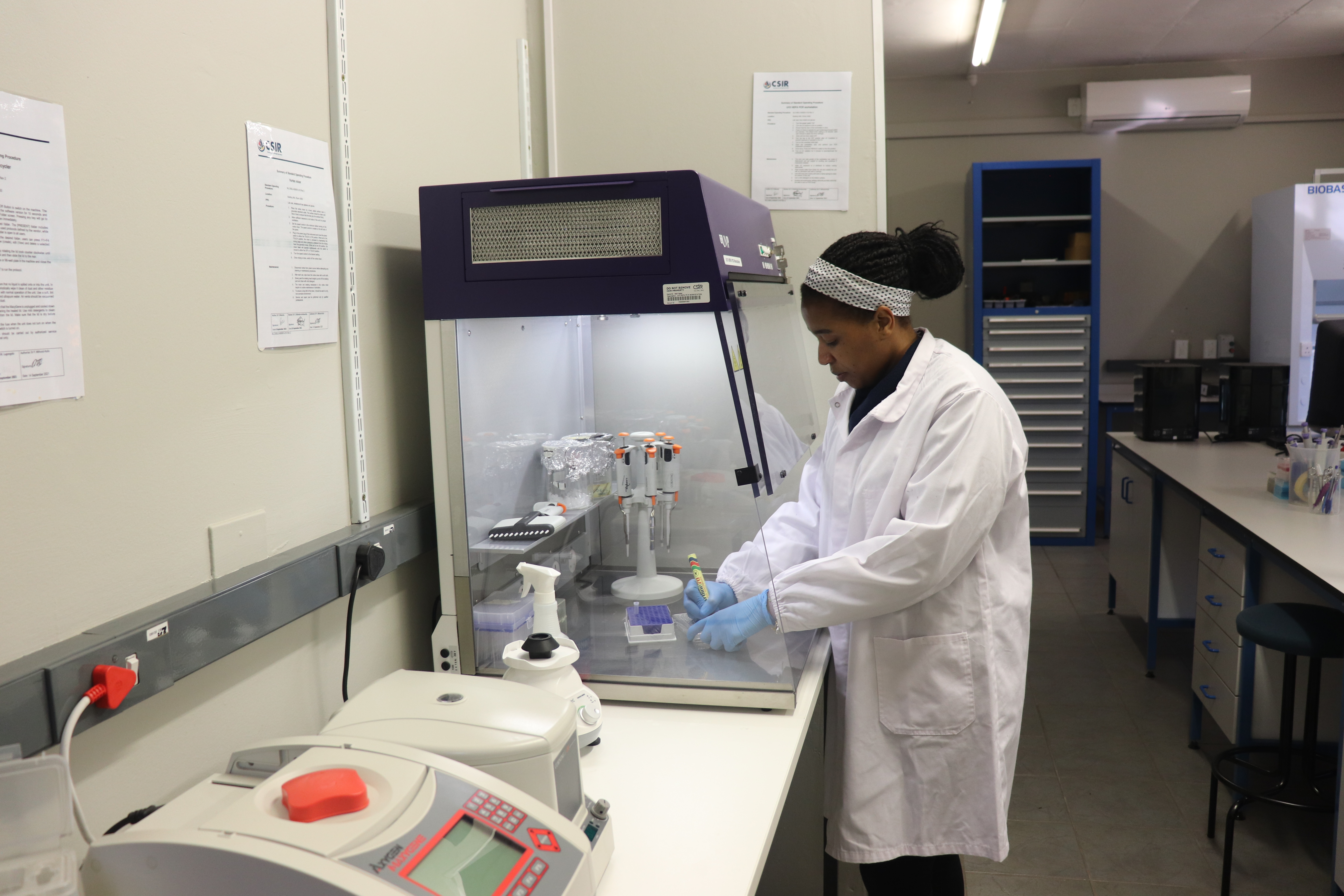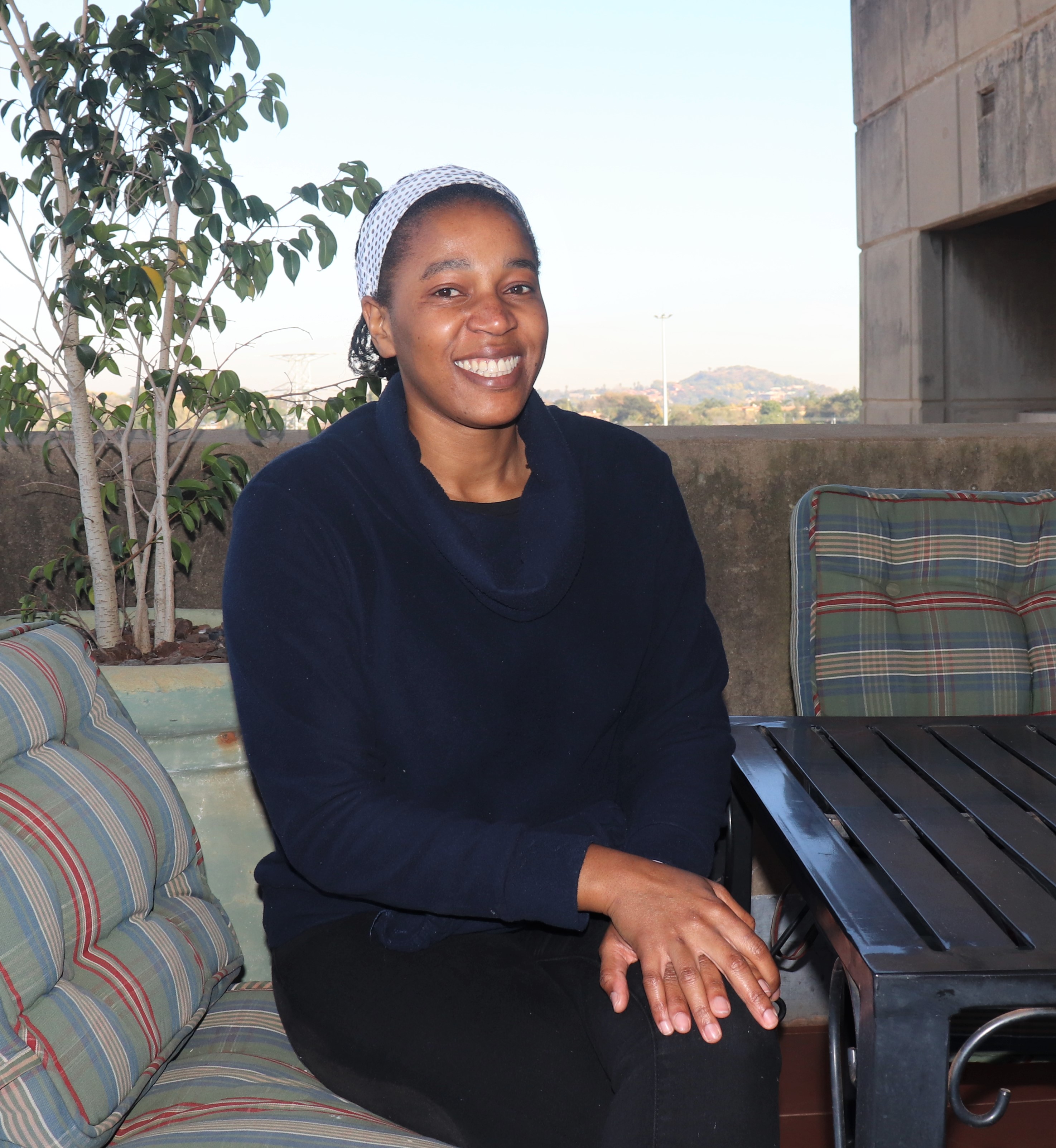Sipho Chauke's TB tool to reach remote areas in need

#WomensMonth2023: Sipho Chauke's TB tool to reach remote areas in need
The World Health Organization End Tuberculosis (TB) Strategy, which was adopted by the World Health Assembly in May 2014, is a blueprint for countries to end the TB epidemic by driving down deaths, incidence and eliminating catastrophic costs. It's encouraging that right here at the CSIR, Sipho Chauke, who is a PhD candidate in the Biophotonics department, is currently developing TB testing technology that will have immense benefits for fellow South Africans. Sipho is recognised as a phenomenal CSIR woman this Women's Month and beyond.

the contributions made by women in STEM.
The technology Sipho is developing through her PhD study is an optical-based biosensor for the detection of Mycobacterium TB (the causal agent for TB). The optical-based biosensor is a miniaturised point-of-care device that uses light to detect TB bacteria in nucleic acid-containing samples. This device is aimed at helping healthcare systems in remote settings, i.e., rural areas, to diagnose TB, as well as initiate and administer TB treatment with little or no hassle for the patients. Furthermore, the technology is aimed at reducing the time it takes to get a diagnosis. The technology is not yet on the market but it is protectable intellectual property. "At the moment, the technology is still in laboratory format and is being optimised and modified for use," Sipho explains.
It's important to note that the biosensor cannot be used in the comfort of one's home because there are protocols and procedures that need to be followed when handling infectious substances like a sample containing TB - this device is for use mainly in mobile clinics, hospitals or healthcare facilities focusing on TB diagnosis.
Research geared towards better and more accessible healthcare in South Africa
Sipho's research contribution is geared towards better and more accessible healthcare in South Africa - she is dedicated to finding solutions to improve our healthcare system. "It is common knowledge that high-income countries can afford to give most of their citizens access to healthcare while here in South Africa, healthcare facilities aren't as readily available in remote settings. Therefore, what can we do to bridge that gap or improve access to healthcare in remote areas so that the number of deaths associated with diseases annually is not due to the lack of healthcare access?" she asks.
Sipho's interest in science has, since a young age, been piqued by genuine curiosity. "I have always questioned everything and wondered why things are the way they are. This made me curious and intrigued by the many ways science plays a role in our lives, especially how diseases infect people and how they can be healed. The more answers I got, the more I found science interesting," Sipho reveals.
TB technology to provide a "no hassle" healthcare solution
Without a doubt, Sipho's work is firmly aligned to the CSIR's EPIC values, especially the people-centred value. This technology will enable people living in remote areas to have access to healthcare services such as TB diagnosis with little or no hassle," she explains.
Sipho expresses her appreciation for the support that the CSIR offers to women in science, technology, engineering and mathematics (STEM). "Since joining the CSIR, I have witnessed the organisation encouraging, supporting and celebrating the contributions made by women in STEM. The CSIR also creates opportunities for increased visibility for the tremendous work that women do while simultaneously creating an environment in which inequality barriers are broken," Sipho affirms.

and more accessible healthcare in South Africa.


